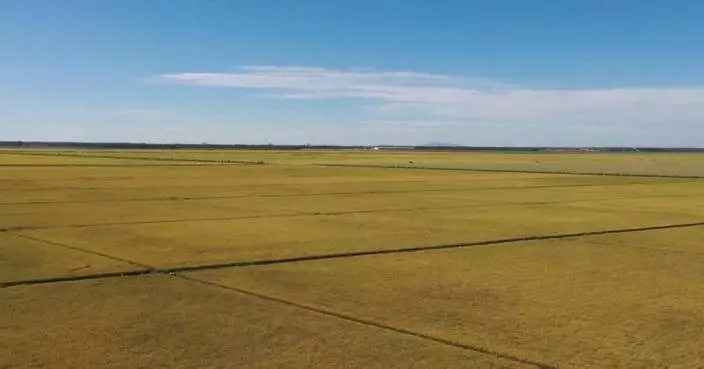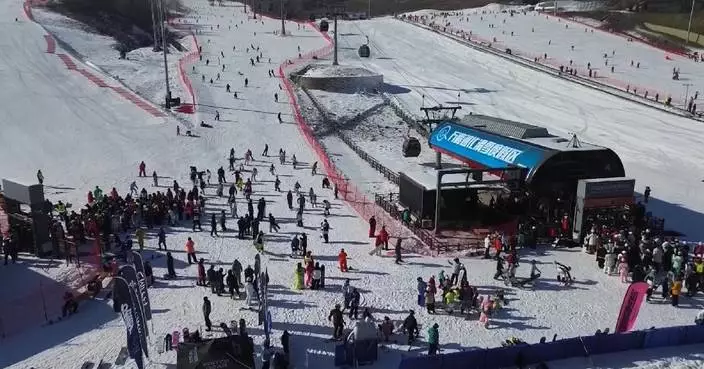As the ceasefire agreement between Lebanon and Israel took effect at dawn on Wednesday, thousands of displaced Lebanese, filled with joy and uncertainty, are now returning home from Beirut, capital of Lebanon, to begin the long journey of rebuilding their lives after months of devastating conflict.
For over two months, the streets of Beirut had been constantly filled with the roaring sounds of fighter jets and the explosions of bombs.
From the very moment the ceasefire agreement took effect, many Lebanese who had sought refuge in Beirut began to travel along highways from the capital to the regions further south such as Sidon, Tyre, and the Bekaa Valley, with some even trying to return to areas south of the Litani River, where Israeli forces still maintain a presence.
In Beirut, it is still common to see residents tying mattresses, tables, chairs, and other furniture to the roofs of their cars, and vehicles packed full of household items. Spirits are high as they are returning home, with cheerful crowds can been seen along the way.
Many flights that had been suspended since September resumed on Saturday, with Beirut airport expected to restore 90 percent of its flight operations by early December.
Due to heavy airstrikes previously launched by the Israeli forces on Beirut, particularly in the southern suburb of Dahieh, many residents had fled the area. With the Lebanon-Israel ceasefire now in effect, people are returning to their homes for the first time to see if their houses were destroyed.
Those neighborhoods that had almost become "ghost towns" are beginning to show signs of life again. Amid damaged buildings and rubble, residents and shopkeepers are clearing debris, salvaging usable items, and rebuilding their homes. Municipal workers are clean debris off the streets and repairing electrical infrastructure.
Still, parts of southern Beirut has remained in ruins, with drinking water and electricity yet to be restored. Residents here are torn between the desire to resume their normal lives and the fear of possible and sudden airstrikes by the Israeli forces during the 60-day ceasefire.
The Israeli military considers Beirut's southern suburb of Dahieh a stronghold of Hezbollah forces and had previously conducted targeted strikes on what it claimed were a lot of military sites and infrastructure in the area.
Some schools and residential buildings in Beirut have continued to house refugees who have yet to leave. The Lebanese Armed Forces have announced that they are working with UN peacekeeping forces to strengthen military deployments in areas south of the Litani River.
Meanwhile, the Israeli Defense Forces have said that they will gradually withdraw and will notify Lebanese residents when it is safe to return home. Both militaries have warned residents of southern Lebanon to wait until Israeli forces have fully withdrawn.
According to a World Bank report, since the conflict between Lebanon and Israel began in October of last year, Israeli attacks have destroyed at least 37 villages in Lebanon, partially or completely damaged over 99,000 homes, and displaced more than 1.2 million people. This has further exacerbated Lebanon's already dire situation, leaving the country with a long and arduous path to recovery.
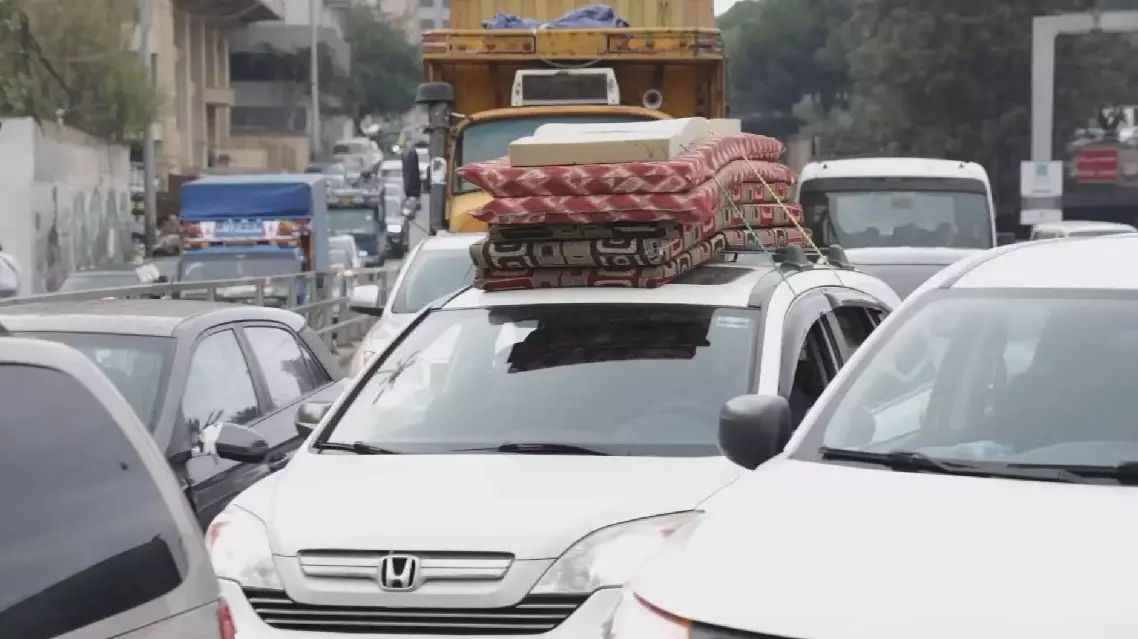
Facing uncertainty, displaced Lebanese returning home to rebuild lives after ceasefire deal
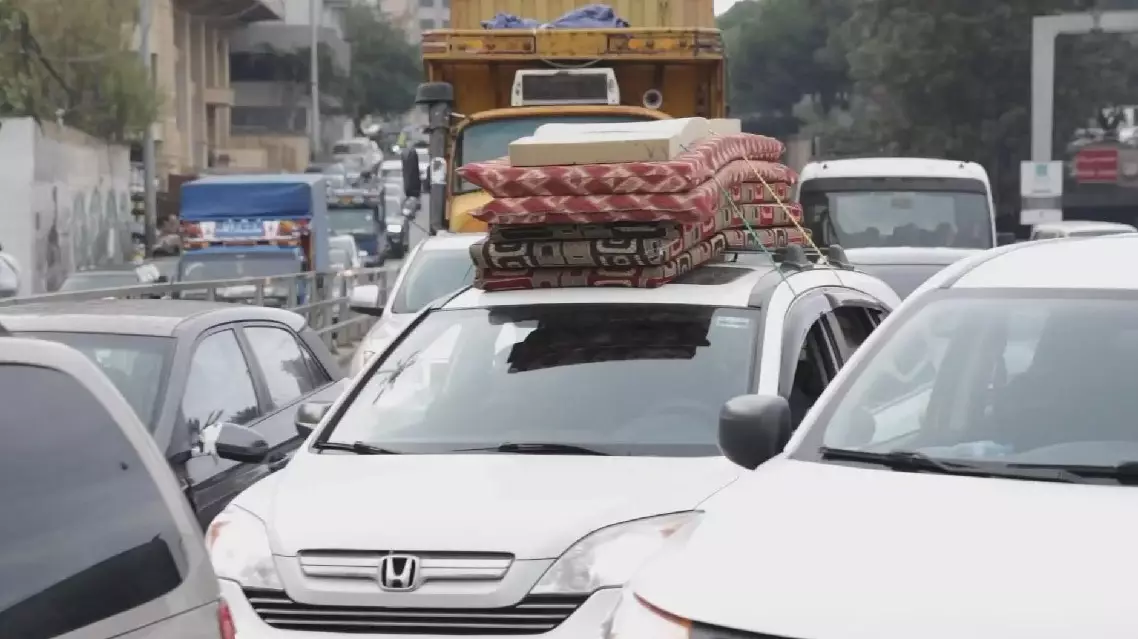
Facing uncertainty, displaced Lebanese returning home to rebuild lives after ceasefire deal
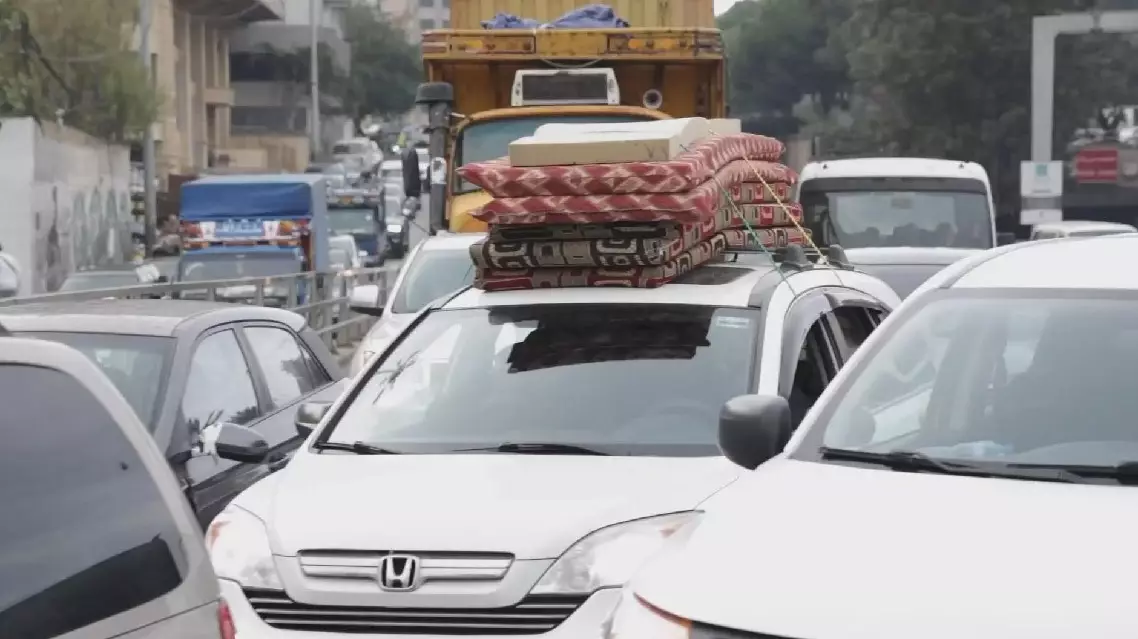
Facing uncertainty, displaced Lebanese returning home to rebuild lives after ceasefire deal
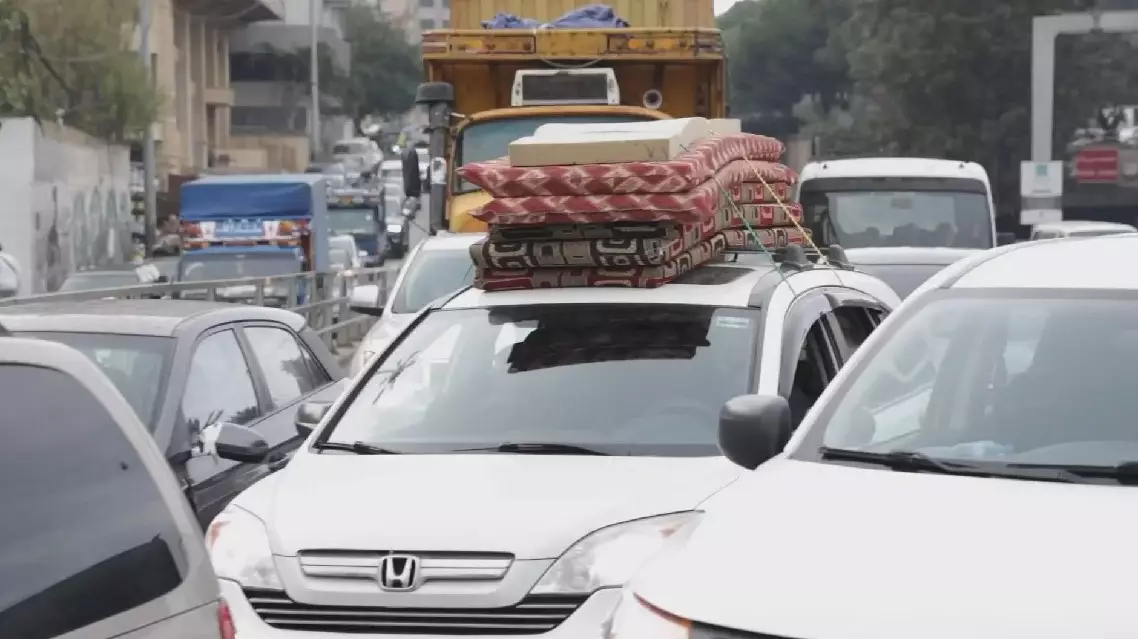
Facing uncertainty, displaced Lebanese returning home to rebuild lives after ceasefire deal
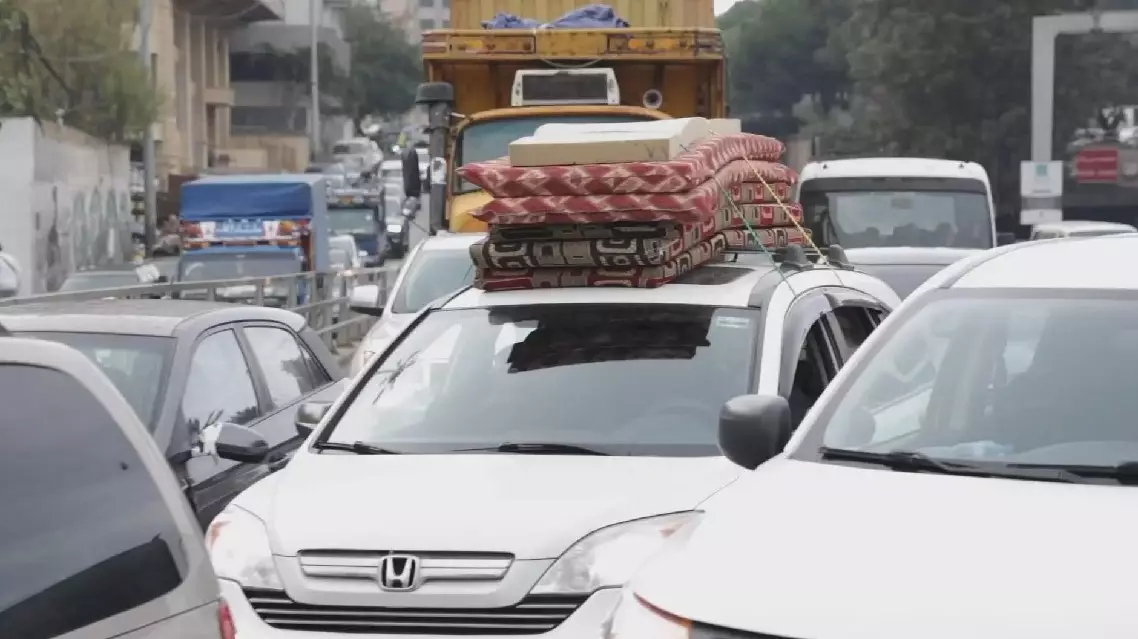
Facing uncertainty, displaced Lebanese returning home to rebuild lives after ceasefire deal
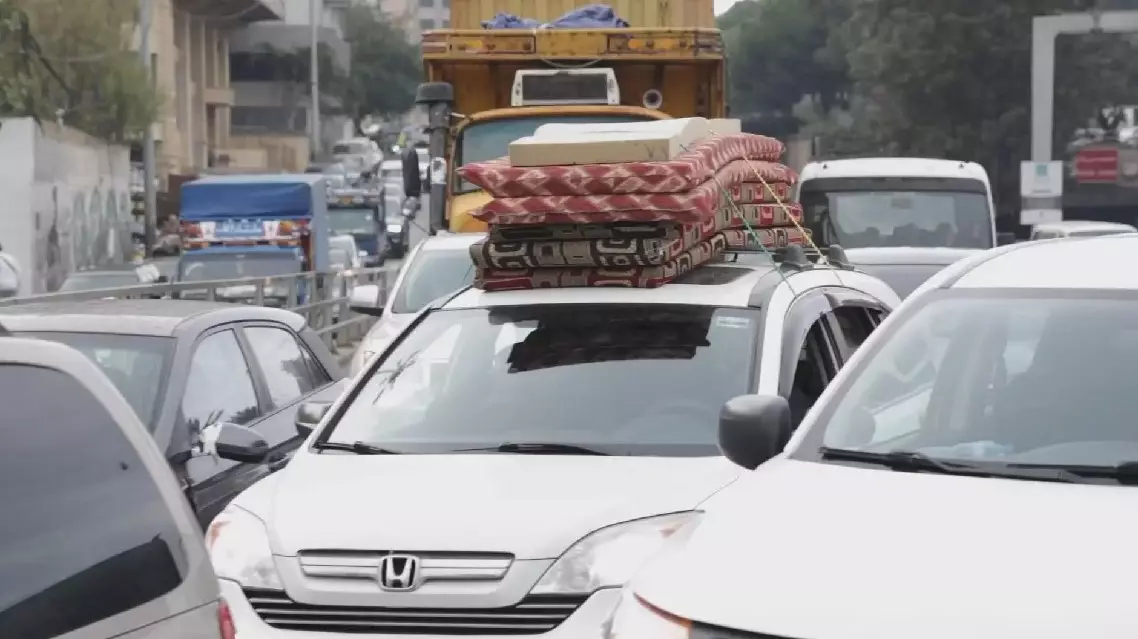
Facing uncertainty, displaced Lebanese returning home to rebuild lives after ceasefire deal



